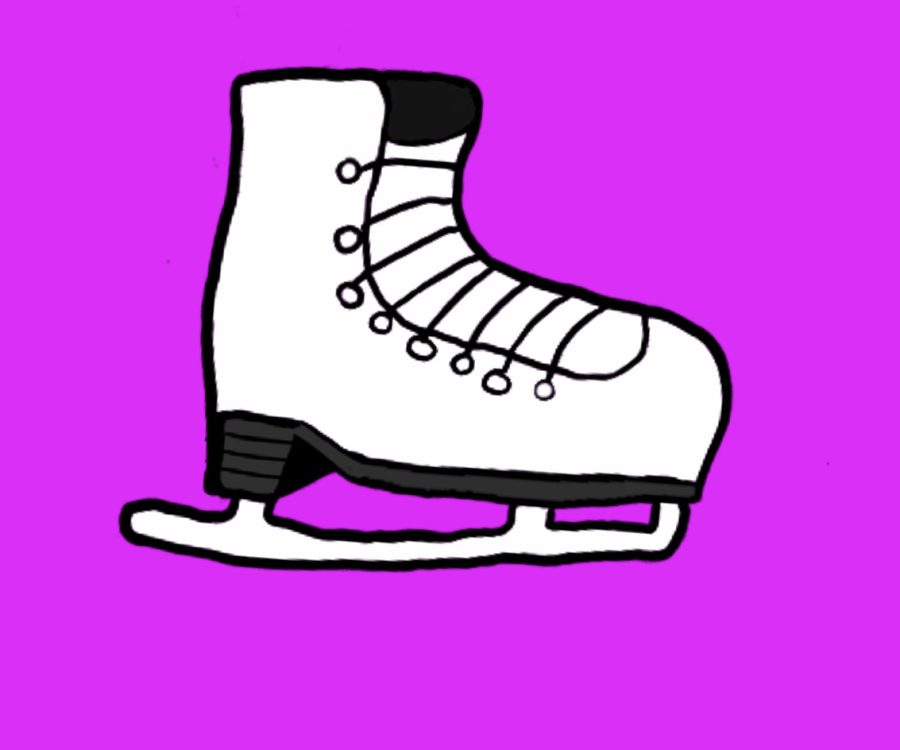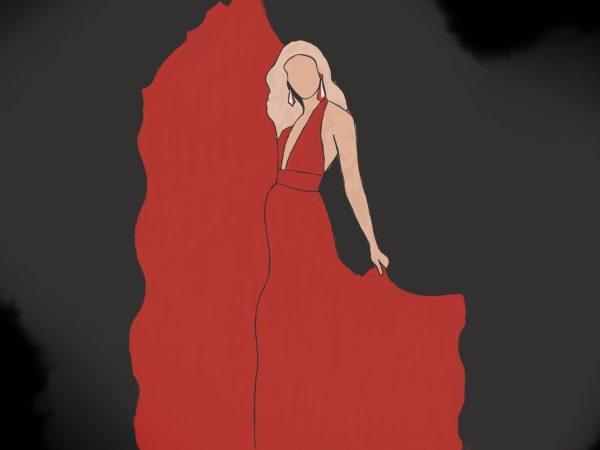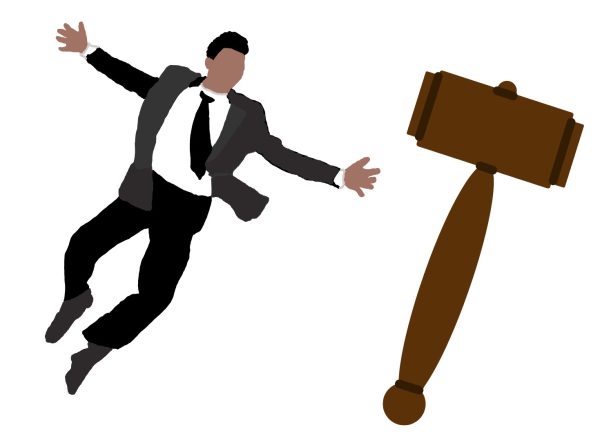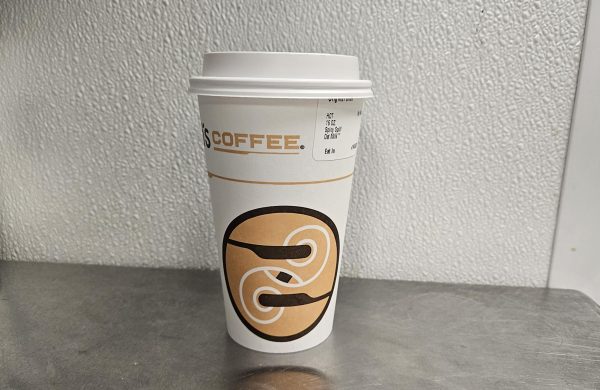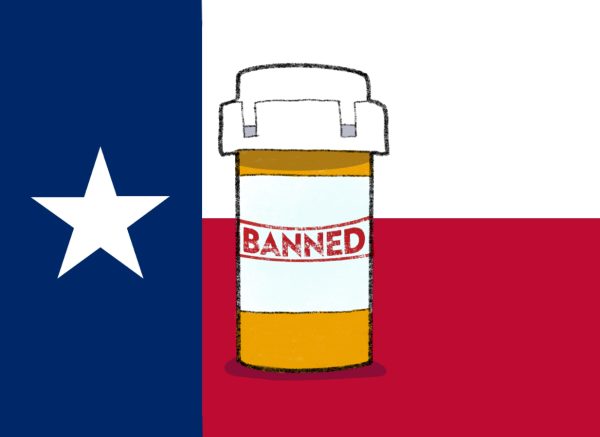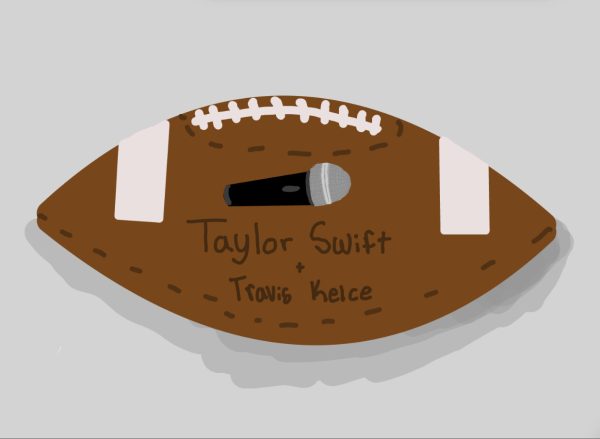Despite doping scandal, Kamila Valieva permitted to compete
After a banned drug was found in her system, Olympic figure skater Kamila Valieva legitimacy was in question, and her allowance to compete was not well received
Kamila Valieva of Team ROC skated during the Women Single Skating Free Skating Team Event on day three of the Beijing 2022 Winter Olympic Games on Feb. 7.
February 21, 2022
Favorite in women’s figure skating Kamila Valieva has caused arguably the biggest controversy in the 2022 Winter Olympics. Competing for the Russian Olympic Committee, this 15-year-old won the gold medal for her team after her record setting free skate performance. However she was temporarily suspended after trimetazidine, a drug used to treat heart conditions, was found in her system.
There have been claims from officials that the positive test was a mistake, that it was a result of Valieva ingesting her grandfather’s medicine by accident. Many question this defense, however, as trimetazidine was not the only drug found in Valieva’s sample.
Documents reviewed by The New York Times and confirmed by a Stockholm Laboratory showed two additional drugs, Hypoxen and L-carnitine, in the sample. Both are used to treat heart conditions, and in combination with trimetazidine may have an effect on an athlete’s endurance. Valieva openly stated use of hypoxen and L-carnitine on a control form, as the two drugs are not banned.
Despite all of this, Valieva was allowed to compete on Feb. 15 in the women’s short program. She placed first with a score of 82.16 and gave a stunning performance, though she did fall out of an attempted triple axel.
Many have openly expressed their dissent with Valieva being allowed to compete. Commentators Johnny Weir and Tara Lipinski, usually lively and enthusiastic, hardly commented on her short program performance at all.
In an interview with NBC, Lipinski said “What we love about an Olympic Games is that we get to marvel at humans pushing athletic limits and doing the impossible, but with one caveat: to do it fairly and cleanly.”
The hardest part for some is to rethink the talent of Valieva. She was a marvel, and she was being called the best skater of her age. She had become so popular — people loved her regardless of where they were from.
In the same interview Weir, being interviewed alongside Lipinski, continued, “She’s sublimely talented, but now being a skater and being a part of this community, you have to go back and reevaluate those emotions, those feelings that you had about this skater.”
All of this begs the question: why did Valieva compete? Though she was allowed to perform, there would be no medal ceremony if Valieva finished in the top three. The case was taken to the Court of Arbitration for Sport, where they determined she was allowed to compete based on three factors.
Firstly, Valieva is not only a minor, but she’s only 15. This means it’s less of a question of personal responsibility and more who could have potentially pressured her into taking the drugs.
Also, facts surrounding the case are vague, and the question of the banned drug actually helping her athletic ability is still up in the air.
Furthermore, the test was taken back in December of 2021, the results only coming in last week. Therefore, officials aren’t even sure Valieva had any drugs in her system when she competed in the Olympics.
These facts come from a report done by NBC on Feb. 14, which aimed to clarify the confusion of the general public surrounding the controversy.
The final performance in the women’s singles competition took place on Feb. 16 with the free skate. Though Valieva managed to win the short program two days prior (despite her fall), she wasn’t able to do the same in the free skate. With a score of 141.93, Valieva was more than ten points behind the leading score.

